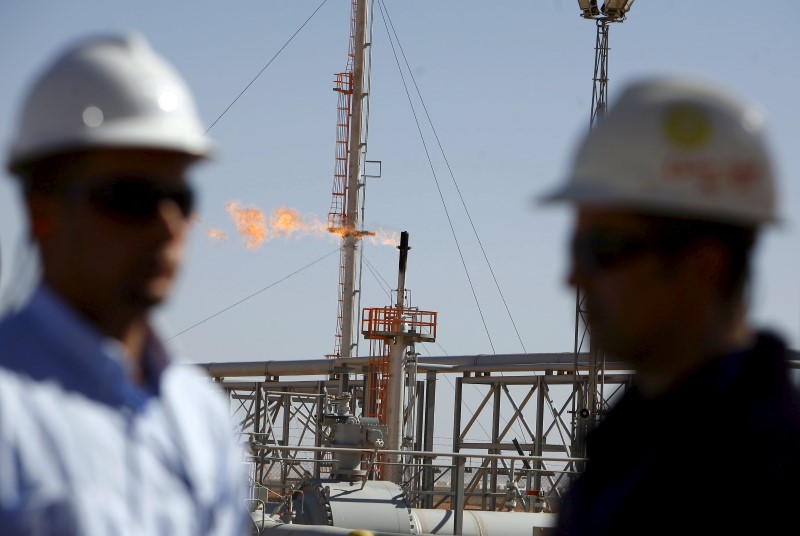(Adds Pembina update, TransCanada comment)
VANCOUVER, June 17 (Reuters) - Intense flooding has prompted
two northern communities in the Canadian province of British
Columbia to declare states of emergency, just a month after
forest fires prompted evacuations in the region.
The city of Dawson Creek, which sits atop the gas rich
Montney formation, declared a state of emergency on Friday due
to heavy rain that washed out bridges, flooded sewers and forced
some 60 people from their homes, the mayor said.
"It was a crazy, crazy couple of days," Mayor Dale Bumstead
said, adding that the rain had stopped and the town's focus was
now on assessing the damage and rebuilding.
The town of Chetwynd, some 100 km (62 miles) west of Dawson
Creek, declared a state of emergency on Wednesday.
Both communities are south of Fort St. John, the hub city
for British Columbia's energy industry. Pembina Pipeline
PPL.TO shut its crude-carrying Western Pipeline on Thursday,
after rain and erosion exposed a portion of the line.
On Friday the company said there was currently no timeline
for when operations would restart.
"We are assessing the situation and working with the
provincial government, regulator and industry partners to safely
access the area for an inspection," Pembina spokesman Jason
Fydirchuk said.
It was not immediately clear if other energy companies had
been affected by the flooding. Bumstead said that while major
highways around the city were damaged by the rain, workers could
still access nearby energy projects using back roads.
Pipeline company TransCanada Corp TRP.TO said there was a
fair distance between where the flooding was taking place and
its assets in northern British Columbia, and it did not expect
operations to be affected.
In May, a handful of small communities north of Fort St.
John were evacuated as intense wildfires tore through northeast
British Columbia. A separate wildfire in Northern Alberta forced
the evacuation of 90,000 people and shut in more than a million
barrels per day of oil output.
